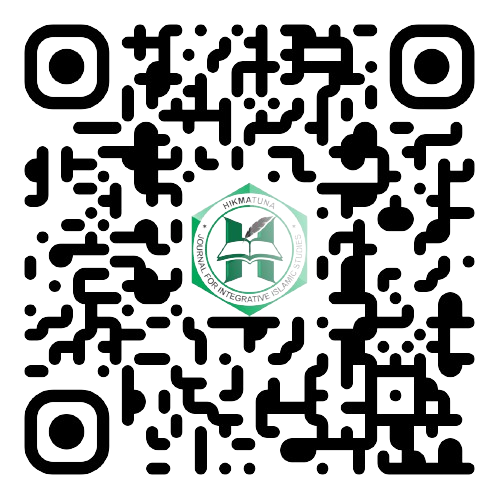Maintaining Tolerance and Religious Harmony Through Nyadran and Tundun: Sociological, Philosophical, and Maqāṣid al-Sharī’ah Perspectives
DOI:
https://doi.org/10.28918/hikmatuna.v9i1.989Keywords:
Maqāṣid al-Sharī’ah, Nyadran and Tundun traditions, religious harmony, toleranceAbstract
This research aims to comprehensively analyze the tradition of nurturing tolerance and religious harmony in the Nyadran and Tundun traditions of Pancasila Balun Village, Turi District, Lamongan Regency. These traditions serve as a means to maintain religious tolerance and harmony amidst inter-religious conflicts in society. The study adopts a sociological field research approach, and data is collected through observation, interviews, and documentation. The findings reveal that the sociological dynamics underlying the Nyadran and Tundun traditions represent the efforts of the ancestors of Pancasila Balun Village to protect its community by fostering harmony among different religions through promoting religious tolerance. The Nyadran and Tundun traditions serve as social bonds in Pancasila Balun Village and, from a philosophical perspective, symbolize prayers for safety after birth and death, as well as a way to live together in a better society. These traditions align with Maqāṣid al-Sharī’ah, namely ḥifdh al-dīn (preserving religion), ḥifdh al-nafs (preserving human life), and ḥifdh al-‘aql (preserving intellect).
Downloads
Published
How to Cite
Issue
Section
License
Copyright (c) 2023 Hikmatuna : Journal for Integrative Islamic Studies

This work is licensed under a Creative Commons Attribution-ShareAlike 4.0 International License.
















